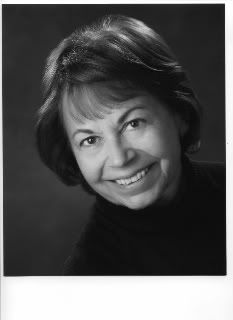Stevie
Hugh Whitmore’s two-hour play, Stevie, tells the story of the life of British poetess Stevie Smith. Christened Frances Margaret Smith and called Peggy by her family, Smith was said to resemble jockey Steve Donaghue, inspiring the name that stuck with her. Born in 1902, this feminine literary figure was honored with two prestigious awards for poetry including The Queen’s Gold Medal in 1969. Yet her Aunt Madge (“The Lion”), who helped raise Smith, often referred to Stevie’s writing and rhymes as only “stuff and nonsense,” rarely appreciating Smith’s creative talent.
Yet Smith’s written musings reached far beyond the “stuff and nonsense” her Lion Aunt believed them to be, which the Boulevard Theatre’s production confirms with stellar clarity. Under Mark Bucher’s direction, the debut Boulevard performance of actor Amber Page resurrects the poetess with stunning directness and genuine sensitivity.
The set of empty picture frames hanging on the wall behind furniture draped with white cloth accentuates the colorful personalities of Smith and the Lion Aunt Madge, who is ably portrayed by Sally Marks. These two actors display a visible affection for each other on stage that intensifies during the Lion’s illness. Page as Stevie states, “People thought because I never married I didn’t understand the emotion, but I loved my aunt.”
 Sally Marks plays the Lion Aunt Madge
Sally Marks plays the Lion Aunt Madge
This relationship provides the centerpiece for the entire production because Smith considered herself estranged from conventional society, an independent woman who shunned marriage and the status quo that believed “a poet is not an important person.” Even the various men who flow through Smith’s life, remarkably played by Ken Dillion costumed in a black suit, including her vagabond father who left home when she was three, the fiancé she dearly loved, and male friends that cared for Smith later in her life fail to offer Smith a comparable love. While reciting one of Smith’s famous poems about a man who died at sea, the audience understands the depths of Smith’s despair and her consequent fascination with death when Page repeats the last line, “I was much too far out my whole life, not waving, but drowning.”
The Boulevard Theatre’s not-to-be-missed production of Stevie recalls that neither love, the enjoyment of everyday life, nor following a dream are only “stuff and nonsense,” but rather they substantiate human existence. Page, in a luminescent performance enhanced with an equally wonderful performance by Marks, reminds the audience that Smith’s life contributed volumes on the difficulties inherent to living a life with creativity and imagination, yet outside society’s norms, even when success affirms that decision. VS
Boulevard Theatre’s production of Stevie continues until November 9. 414.744.5757 or www.boulevardtheatre.com





















